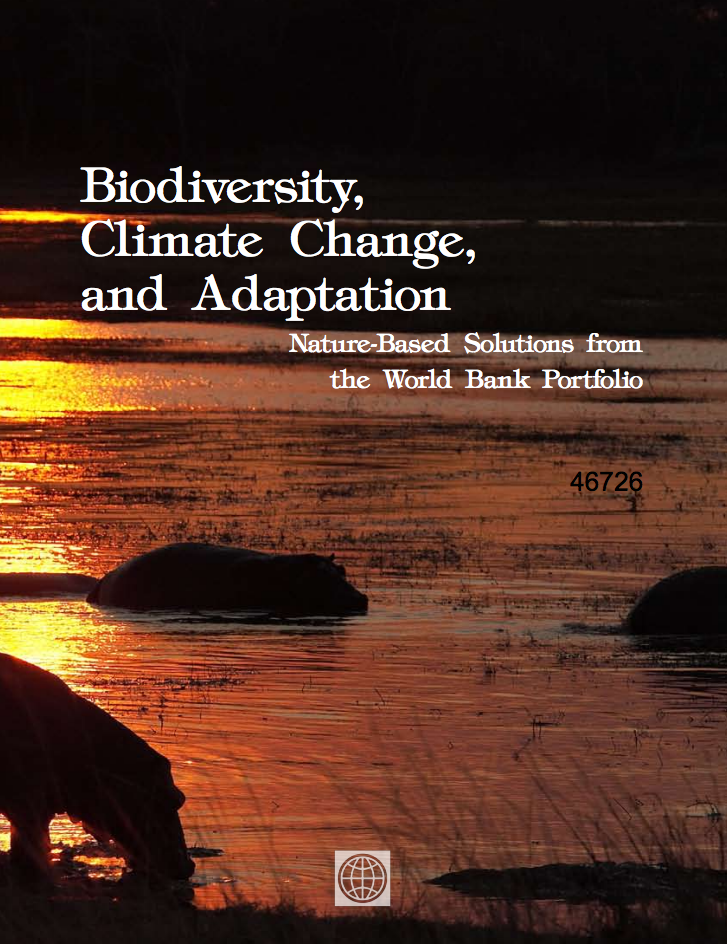Vulnerability to Climate Change in Agricultural Systems in Latin America and the Caribbean
This study reports the results of “action research” to identify and prioritize stakeholder driven,
locally relevant response options to climate change. These response options comprise the basis of
local action plans developed to address agricultural adaptations to climate change in three
diverse agroecoystems: the Yaqui Valley in northwestern Mexico, the Mantaro Valley in central
Peru, and the western littoral regional of Uruguay. The study has three primary objectives. The


